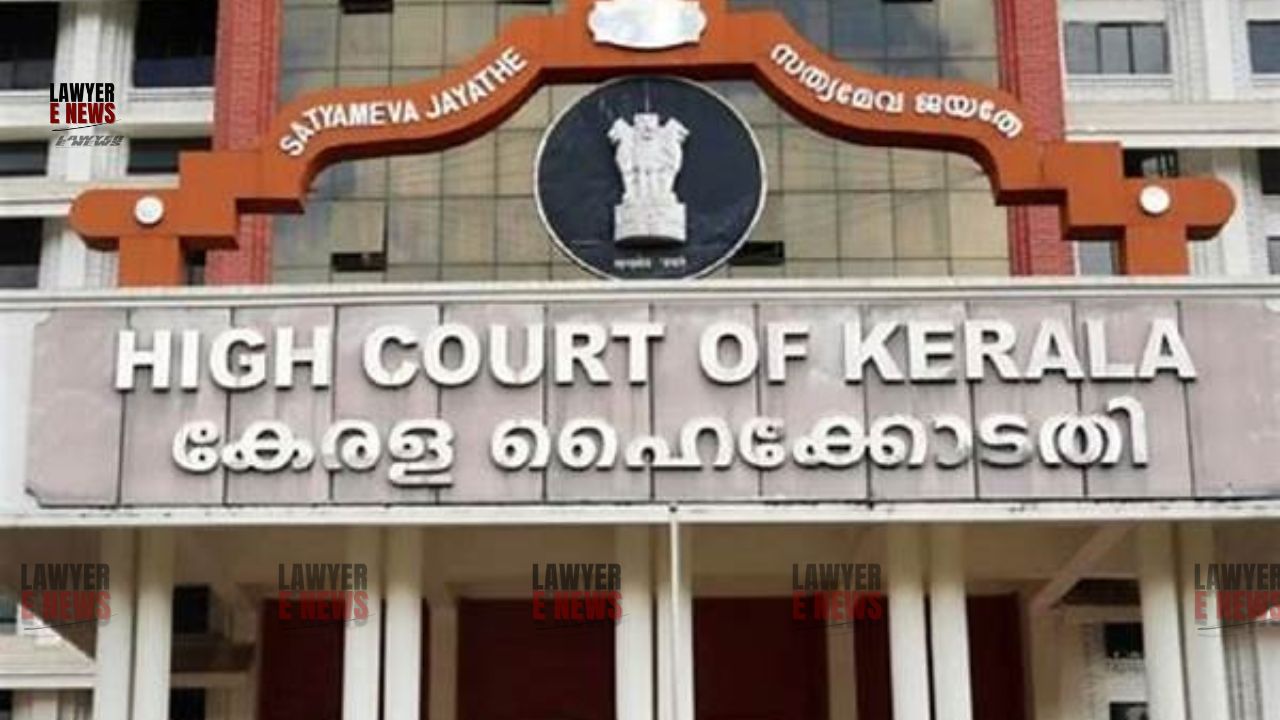-
by Admin
15 February 2026 5:35 AM



Justice P.G. Ajithkumar stresses the importance of a thorough trial to resolve factual disputes and assess the credibility of delay explanations.- The Kerala High Court has dismissed two Criminal Miscellaneous Cases seeking to quash FIRs and final reports related to an altercation between two individuals. Justice P.G. Ajithkumar emphasized the necessity of a trial to resolve factual disputes and determine the true aggressor in the incident. The judgment highlights the court's reluctance to quash proceedings prematurely when material questions of fact are involved.
The cases stem from an incident on June 5, 2015, involving Ajitha, a practicing lawyer, and Rema, a typist, who have adjoining offices. An altercation over clearing cobwebs escalated into physical violence. Ajitha filed a complaint against Rema, leading to the registration of Crime No. 1227/2015. In retaliation, Rema filed a counter-complaint, resulting in Crime No. 1340/2015. Both parties sustained minor injuries and sought medical treatment. Ajitha and Rema subsequently moved the High Court to quash the FIRs and the final reports filed against them.
Factual Disputes Require Trial: The court noted the importance of determining the actual aggressor and the sequence of events through a trial. "The incident occurred at about 1.00 p.m. on 05.06.2015... a trial is required to find out who was the aggressor and who voluntarily caused hurt," observed Justice Ajithkumar. The court stressed that such determinations cannot be made at the stage of quashing proceedings.
Delay in Filing Complaint: Addressing the delay in filing the complaint by Ajitha, the court remarked that the reasons for the delay were provided in the complaint and should be scrutinized during the trial. "Whether on account of the delay any prejudice is caused to the petitioner... can be decided only after recording evidence," the judgment stated.
Investigation by Different Officers: The petitioners argued that different officers investigating the case and counter-case created doubt. The court dismissed this contention, stating, "There is no law insisting that a case and counter-case should be investigated by the same officer... The question then is one of prejudice. That can be decided only on recording evidence and not now."
Justice Ajithkumar referenced the Supreme Court's stance in Priyanka Mishra v State of Uttar Pradesh and Vishnu Kumar Shukla v. State of Uttar Pradesh, emphasizing protection against vexatious and unwarranted criminal prosecution. However, he concluded that the present cases did not warrant quashing at this stage. "If a trial in a criminal prosecution would ultimately be a futile exercise, and the abuse of process of law, the proceedings can be quashed. But from the discussion made above, I am unable to hold that the trial in the present cases would be an abuse of process of the court," the court observed.
The Kerala High Court's decision underscores the judiciary's cautious approach in quashing FIRs and final reports when significant factual disputes exist. By mandating a trial, the judgment ensures a thorough examination of evidence to determine the culpability of the parties involved. This ruling serves as a reminder of the importance of due process in the criminal justice system and reinforces the necessity of trials in resolving complex factual disputes.
Date of Decision: June 13, 2024
Ajitha v. State of Kerala & Rama
